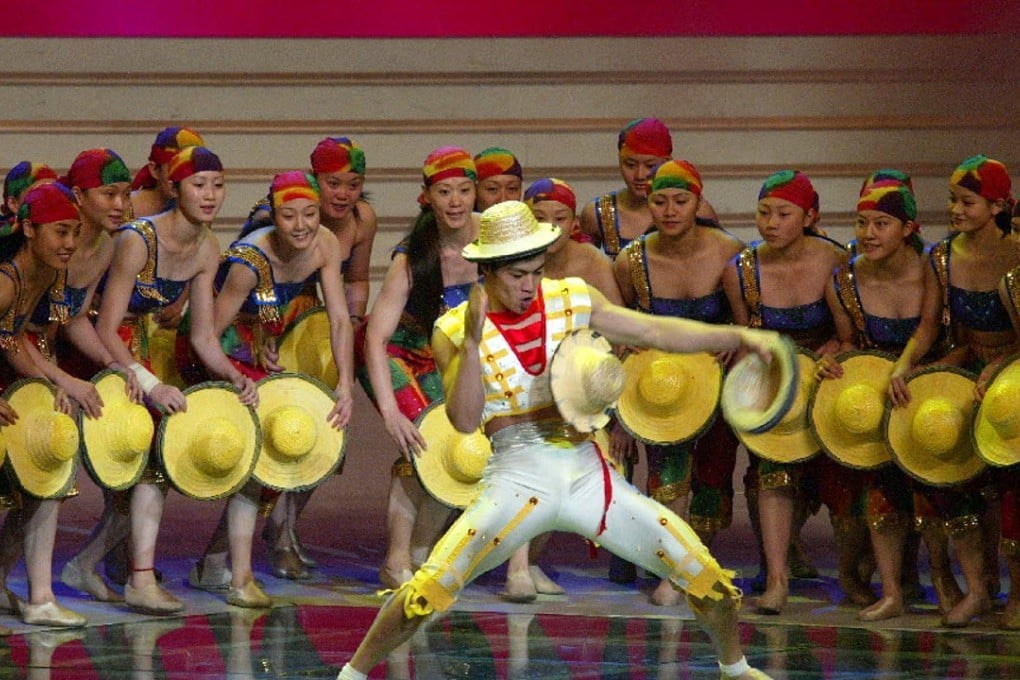China's President Xi Jinping wants ‘PLA Inc’ to stop its song and dance, plans end for profit-making activities

Moves to end the People’s Liberation Army’s profit-making activities, announced by President Xi Jinping on Thursday, are aimed at solving a problem left open by an anti-corruption campaign in 1998, experts say.
For decades, the PLA has profited from accepting civilian patients at military hospitals, leasing military warehouses to commercial firms, hiring PLA song and dance troupes for public events, outsourcing military construction companies, and opening military academies and institutions to public students.
The reforms were outlined on Thursday after a three-day military conference chaired by Xi.
READ MORE: China vows military reform by 2020, with plans for new anti-corruption watchdog in PLA
“Bringing a full end to the PLA’s paid services to external parties will purify the military ethos and maintain the nature and the true colour of the people’s army,” defence ministry spokesman Yang Yujun told a press briefing yesterday to announce the overhaul.
When China opened up in 1978 to concentrate on economic development, leader Deng Xiaoping allowed PLA officers to profit from services to achieve greater self-sufficiency and cut the nation’s defence burden.

READ MORE: China hits the launch button for massive PLA shake-up to create a modern, nimble force
In 1998, president Jiang Zemin ordered the army to close its business offshoots and focus on becoming a modern, professional fighting force. Some army-run enterprises were passed to local governments, but the army also kept an interest.